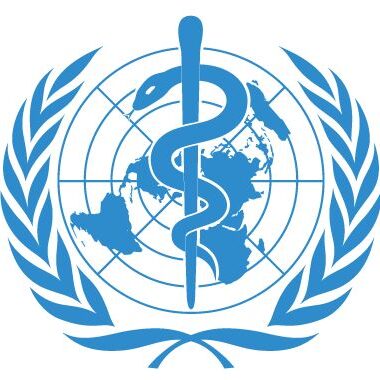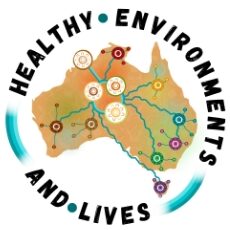Health and climate change
Building resilient health systems, using transdisciplinary approaches and systems thinking will be critical if we are to withstand the impacts of climate change and other stresses.
Climate change is already impacting human populations and is a significant threat to public health. Health systems must adapt to and mitigate these changed environmental circumstances to avoid dire consequences.
Areas of focus
- Psychology of environmental policy acceptance and promotion of pro-environmental behaviour
- Implementation of health care interventions
- Psychosocial concerns from the displacement of people by natural disasters
- Respiratory effects of pollution (including vehicle emissions and bushfire smoke)
- Mortality and health burden of climate change
- Climate epidemiology
Impacts and outcomes
- Consulted for the WHO South Pacific office to the Health National Adaptation Plan (HNAP) for the Fiji Ministry of Health and Medical Services
Research groups, facilities and centres

WHO Collaborating Centre for Climate Change and Health Impact Assessment (HIA)
The WHOCC-CHIAis an internationally recognised centre of expertise on Health Impact Assessment (HIA) methodology that works in partnership with World Health Organization (WHO) and its Member States to protect and promote health.

Curtin School of Population Health
The School of Population Health delivers a range of public health and psychology undergraduate courses and specialist postgraduate courses, as well as short courses designed for those working in the health sector who want to add new or specialist skills to their repertoire.
Collaborations and partnerships
